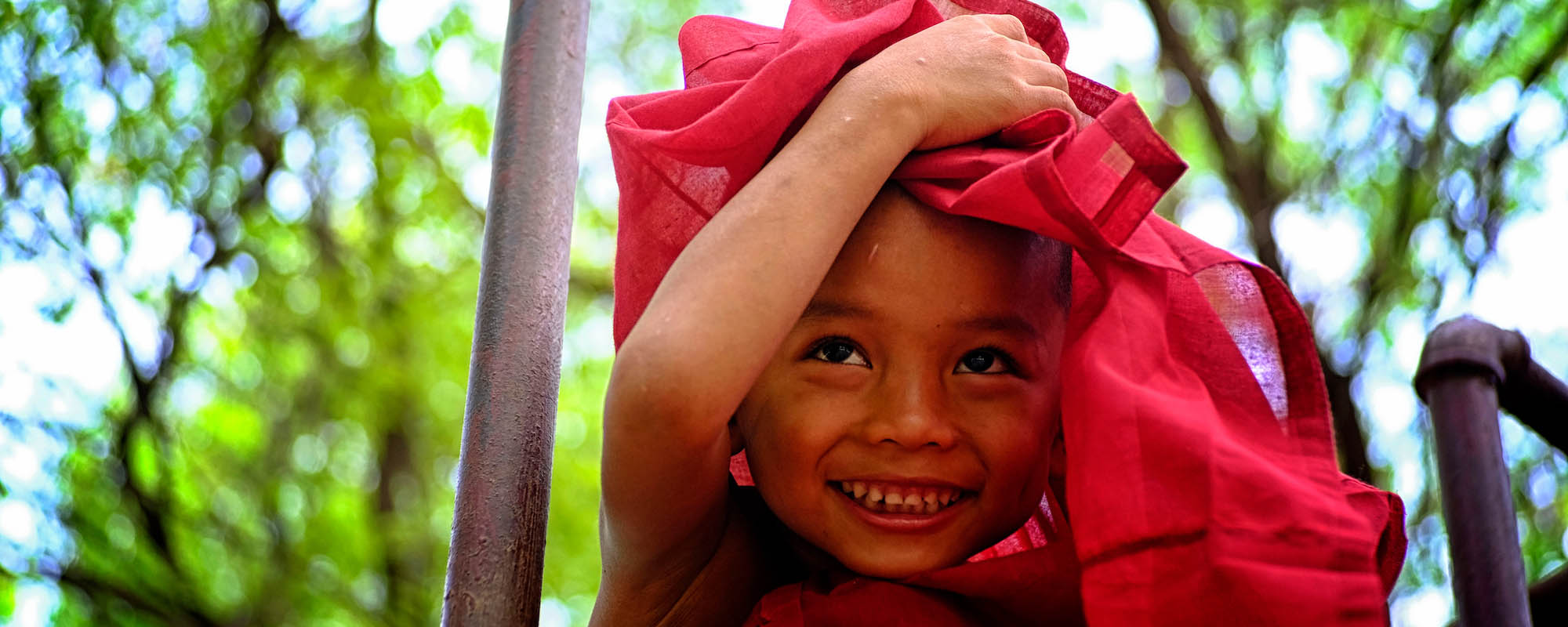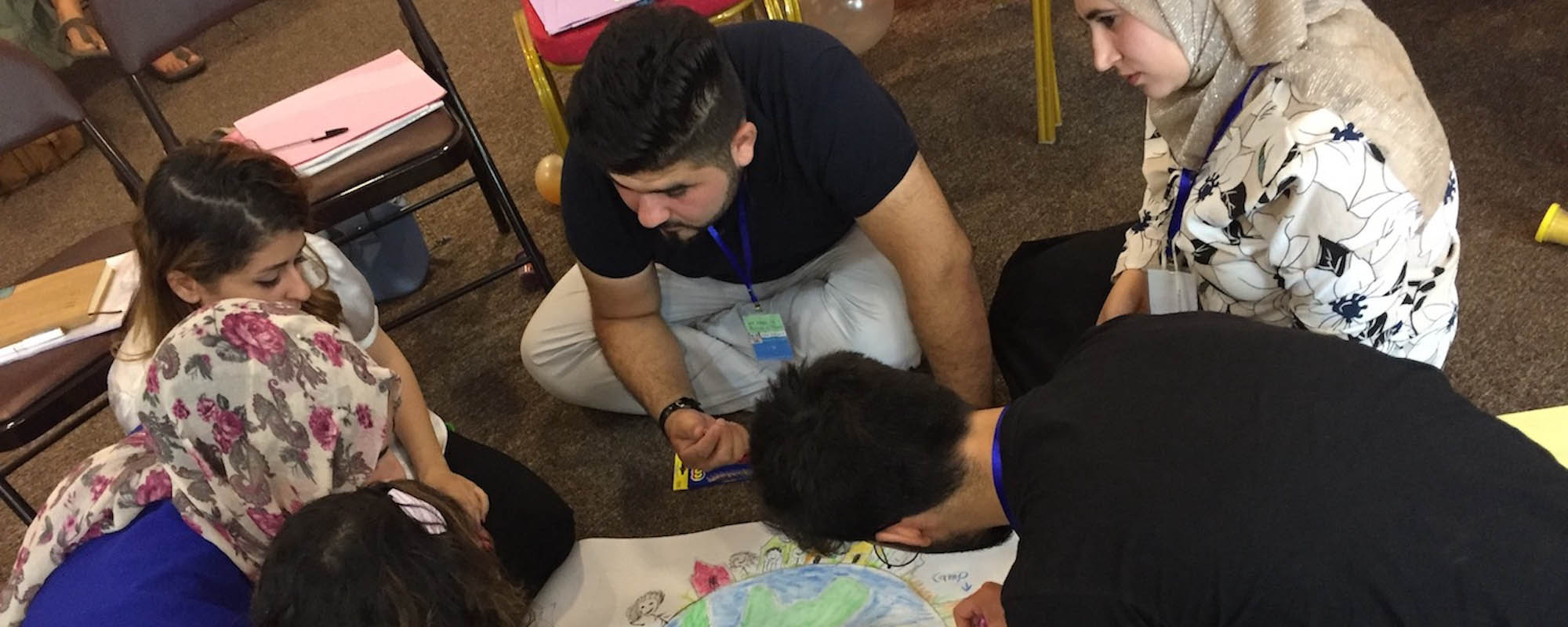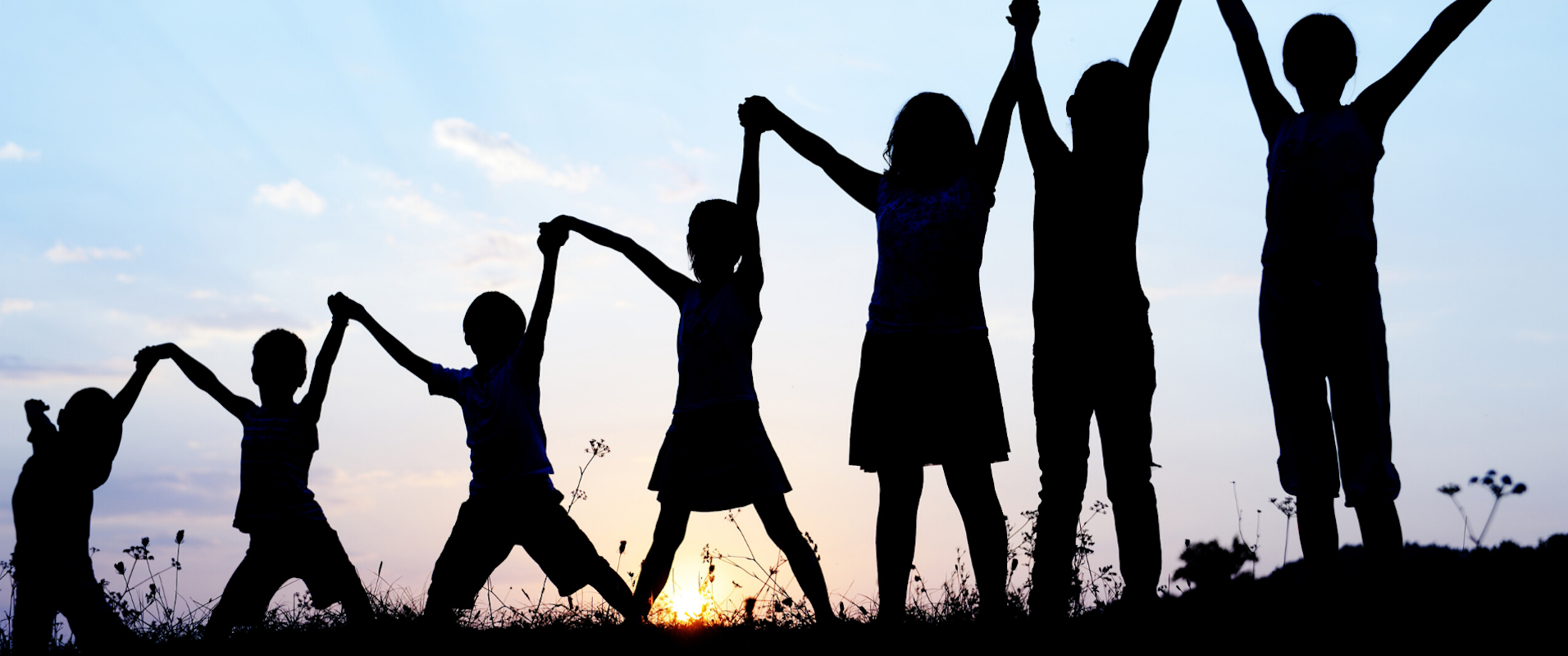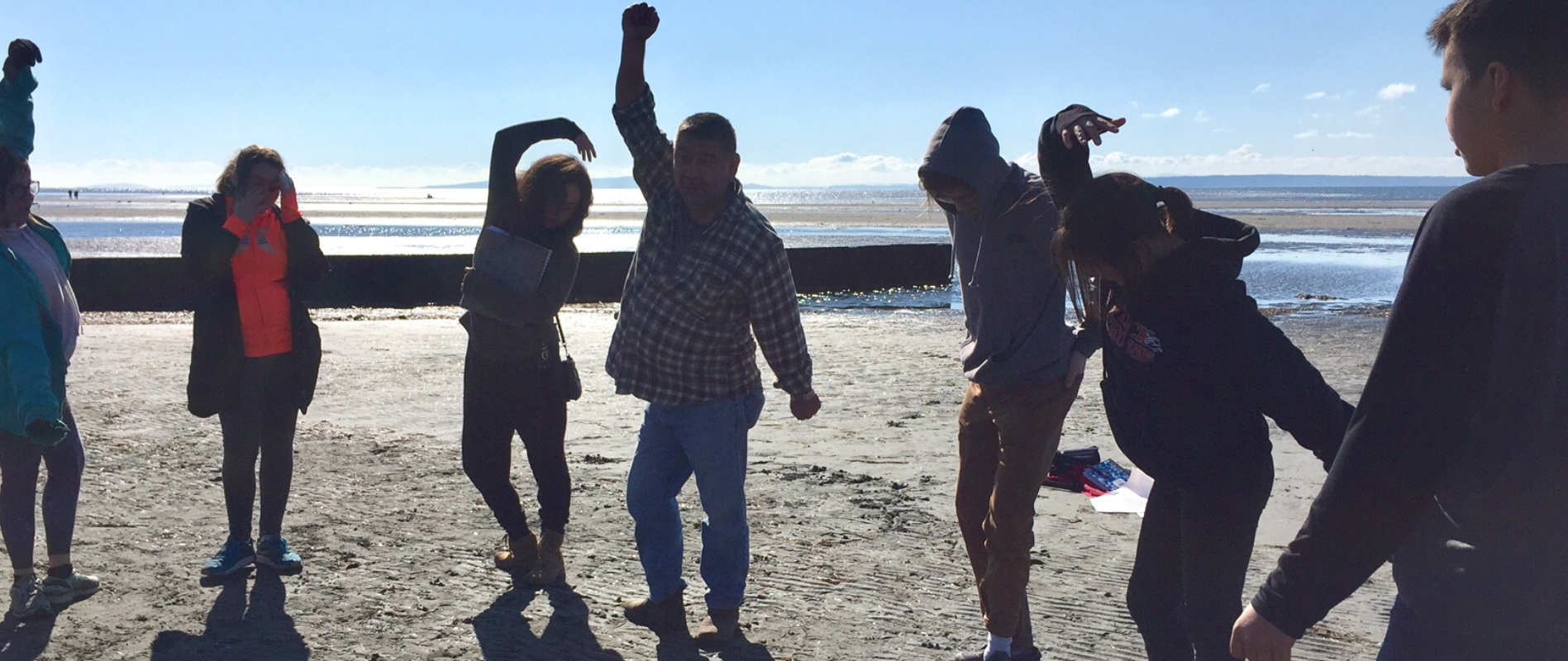In January 2017, we caught up with Associate Suzanne Williams in Victoria to reflect on the seeds she planted through IICRD’s justice-focused programs. These seeds, planted more than a decade ago, are now sprouting to advance child rights in Canada.
How is your work with IICRD influencing your family law practice?
There is something about IICRD’s approach that brings IICRD’s team - the Staff, Associates and Board – together. We share a common approach for putting children at the centre of an issue affecting them, starting with their realities to understand their context, and then working outwards from there to inform actions to address the issue. This always stays with us. I integrate this approach across my family law services whether advancing the best interests of children, negotiating agreements or helping families solve problems. This is an important legacy of the Institute and one which we should build upon.
I am also drawing on IICRD’s strength to bridge practitioners across professional sectors. For instance, I am working with a multi-disciplinary team of mental health specialists, financial management experts, and lawyers who cooperate in their work for clients with the common purpose of educating and empowering families to best support their children during and after family transitions occur -- without going to Court. We are mindful of tracking successes and challenges of this approach so we can learn from and improve child-centred services for families.
Finally, it is very satisfying to be on the BC Hear the Child Society roster of qualified child interviewers, direct outcomes of our IICRD Hear the Child work on meaningful child participation in family justice processes inspired after IICRD’s 2002 Children as Partners International Conference. Today, I interview children for their views so parents and legal professionals can consider them when making decisions in their best interests. I am grateful that the model I identified through legal research undertaken over 10 years ago was able to grow from concept, to pilot, to official launch and scaled to several locations across the Province.
In your work with IICRD, you honed in on opportunities to strengthen the capacity of the legal community to support the best interests of children, especially through children’s participation. How are you continuing to advance this work?
I have been investing my energy in two key areas.
First, I continue to co-chair with the Honourable Justice Donna J. Martinson QC (retired) the Access to Justice for Children Conference with the Continuing Legal Education Society of BC. Our 2015 program won an international continuing legal education award in 2015. Young people were key presenters at the last conference which is groundbreaking for the legal community, and the event has since inspired the participation of young people at other legal events, from Moncton to Vancouver. We are deepening our involvement with young people for the next 2017 conference on May 11-12 by involving young leaders, like IICRD Board Member Cheyenne Walters, in the design and decision-making process as well as further imbedding young people in presenting and facilitating the Conference.
Second, I am finalizing work on an online Child Rights Toolkit to improve how the rights of children are respected and implemented in Canada. After working for two years with the Canadian Bar Association’s National Children’s Law Committee and other legal professionals across Canada this toolkit will be launched at the 2017 Access to Justice for Children Conference. As we celebrate this significant milestone, we will also discuss the implications and opportunities for the legal community to embed the Child Rights Toolkit into their work
How would you like to contribute to IICRD in the next few years? What opportunities would you recommend?
Child rights are becoming more “mainstreamed” within pockets of the legal and other professions in Canada and elsewhere. IICRD could build on this momentum. At conferences that I am attending, for example, child rights are being incorporated into conversations in a preliminary way. This is something that I did not hear a decade ago. The Hear the Child interview process, initially an IICRD project, is now a recognized and valued practice. Child participation has also been embraced to some degree. However, other bundles of children’s rights such as healthy development, best interests and culture are still quite misunderstood or overlooked.
The vast expertise of IICRD’s network offers a pool of knowledge that could be packaged and shared with a broader audience in these areas.
In addition, until recently some child interview retainer agreements for Hear the Child interview continued to have an authorization that the child interview information could be shared with IICRD for research purposes. There is potentially years of data that could be mined to better understand this interview method and the difference it has made for children, their families and legal decision-making.
There are also various decision-making justice forums and facilities involving families beyond courts such as mediation, collaborative law, family advocacy centres, and the recently launched Aboriginal Family Healing Court Conference Pilot that have not been well researched with respect to children, their rights and well-being. There really is no shortage of opportunity.
Visit Suzanne's bio for more information about her involvement with IICRD.







